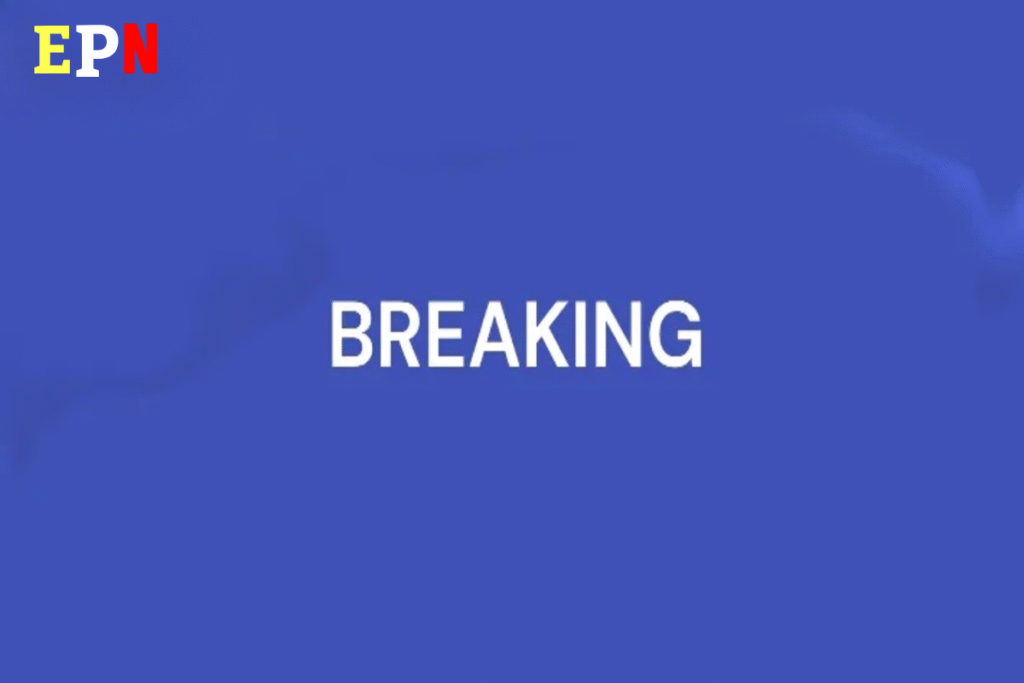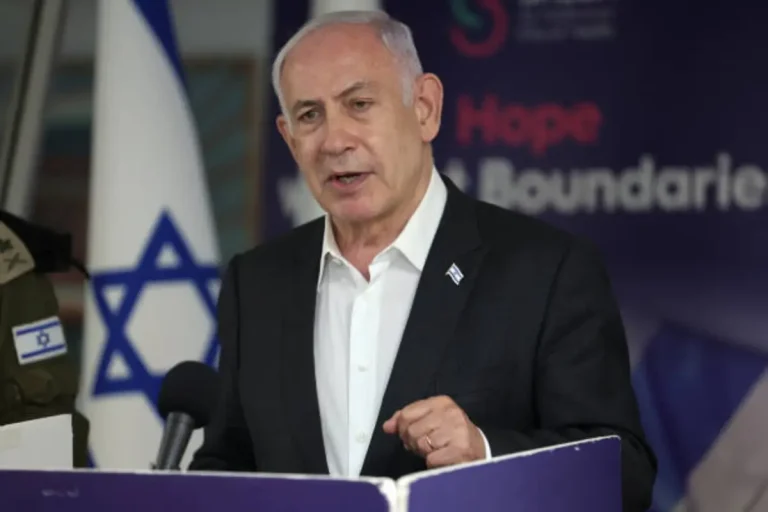
Smoke rises from a damaged building in Tehran after Israeli strikes on Iran’s nuclear facilities.
TEHRAN, IRAN — Early Friday, Tehran was rocked by multiple powerful explosions following a significant Israeli military strike targeting Iran’s nuclear infrastructure and senior military leaders.
The Israeli operation, known as Operation Rising Lion, represents the sharpest escalation in years between the two adversaries and risks plunging the Middle East into broader conflict, CNN reported.reported
Tehran Airspace Closed As Authorities Warn Civilians
In the immediate aftermath, Iran’s Civil Aviation Authority shut down Tehran’s airspace indefinitely. The government urged civilians to avoid all airports amid concerns of further Israeli strikes. Notices to airmen (NOTAM) confirmed all flights were suspended as emergency services battled fires and assessed damage across the capital.
The recent International Atomic Energy Agency (IAEA) 2025 resolution had condemned Iran for nuclear non-compliance, a development many analysts believe prompted Israel’s decisive military action.
Israeli Strike Motivated By Nuclear Threat Concerns
Israeli Prime Minister Benjamin Netanyahu took responsibility for the attack, calling it a necessary preemptive strike to dismantle “the heart of Iran’s nuclear weapons program.”
“We are at the point of no return. If we do not act now, Iran will soon have nuclear weapons capable of striking Tel Aviv.” – Israel Defense Minister Israel Katz
Israeli officials cited IAEA data suggesting Iran has amassed enough fissile material to produce at least 15 nuclear warheads within days.
Tehran Strike Fits Into Broader Israeli Military Strategy
The recent explosions in Tehran align with Israel’s wider efforts to cripple Iran’s military capabilities, including its ballistic missile development and regional proxy networks. Iran-backed groups such as Hezbollah and the Houthis have escalated attacks supporting Palestinians amid the Gaza conflict.
Rising Tensions Spur Fear Of Retaliation And Oil Market Impact
Security experts warn of a potentially massive Iranian retaliation, which could destabilize the region further. The strikes have already contributed to rising global oil prices due to fears of Middle East escalation.

